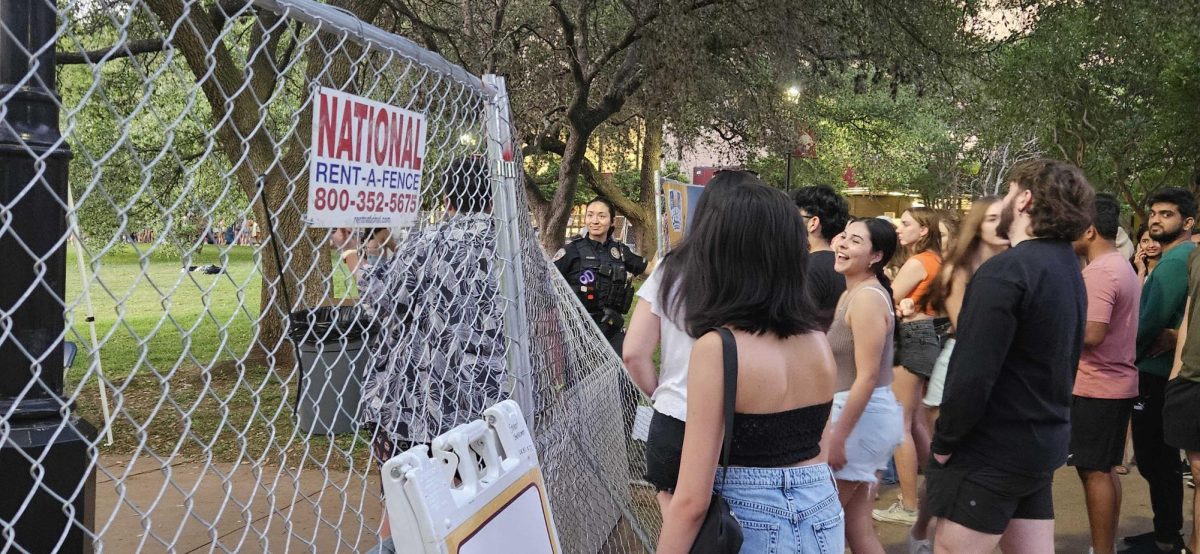If we do not demand the U.S. Postal Service change its practices, when debt comes crashing down, it will be us young people who pay the price.
The House of Representatives passed a bill Aug. 22 providing $25 billion to the USPS, short of the $75 billion the agency requested in April. Over an 11-year period, the USPS lost $69 billion with no sign of things turning around. This exchange comes at a time when the federal government’s annual deficit will reach over $3 trillion by the end of this year.
The $25 billion bailout, passed by the House, has not been taken up by the Senate and will likely get lost in the political process. If we divided the bailout amount ($25 billion) by the number of taxpayers in the U.S. based on the number of individual tax returns filed (154 million), then each person would pay roughly $160. Many college students are on tight budgets with some living paycheck to paycheck; if this were billed directly to Americans many would be unable to pay it.
The USPS has been praised for providing essential mail services, but those services are becoming more and more irrelevant, especially to younger generations. Only 44% of millennials pick up mail six days a week, compared to 73% of baby boomers. At this rate, Generation Z will use the USPS even less than that. The postal service may not be worth much for a generation that will hardly benefit.
It does not help that the average American receives about 40 pounds in junk mail, such as advertisements, every year. Most of that junk mail comes from businesses that the USPS gives cheaper rates when they buy in bulk. The cheap rates result in the USPS subsidizing businesses to send us more mail than requested, which eventually ends up in landfills.
We are bailing out an agency that is providing less and less value for a shrinking number of people. And the agency itself is not taking enough steps to address the causes of ballooning operating costs when Americans, especially recent graduates, are struggling.
Recent college graduates are facing tough times entering the workforce, with job security and adequate wages uncertain for many. These are things Americans deal with, and they are part of the struggle that motivates companies to make smart financial decisions to keep themselves afloat.
The USPS does not play by these rules. A government report found that postal service workers enjoy a pay and benefits premium over their private sector counterparts. As a government agency, the USPS has the U.S. Treasury to back it up, which means it has no incentive to save money by giving fair wages, only digging itself into deeper debt.
As much as we may appreciate the jobs that postal workers do, it is irresponsible for the government to continue to subsidize wages that any regular business could not afford, especially during a pandemic. The government should play by the same rules that everyday Americans do.
The USPS does not have the incentive to compete with private companies because of government protectionism. The government has made it illegal for competitors to deliver certain types of mail, like letters, and barred the use of mailboxes with certain exceptions for important mail. Repealing these anti-competitive policies would mean the USPS would have to compete for customers, rather than serve as the only option.
The Consumer Postal Council’s postal freedom index showcases that the U.S. has a restrictive market with little room for competition compared to other countries. The U.S. has flourished through competition in the market, allowing us to enjoy innovation at low costs, which the USPS has been exempt from.
In 2006, Congress passed the Postal Accountability and Enhancement Act requiring that the USPS set aside money for the retirement benefits it promises employees, which is unlike what some private businesses do. Some view this as a burden that has put the USPS in its financial state. However, this is a rare case in which the government actually held the postal service accountable, making sure retirees would actually receive what they were promised.
Without such a law, the postal service would one day be unable to provide these benefits. Now the inefficiencies of the postal service have been exposed by making them more financially accountable.
While we can print money in the short term, there will come a day when workers will pay the price. In order to keep the postal service alive, there would have to be a significant increase in taxes or cut in entitlements like social security that can also result in failing businesses and high unemployment.
These issues do not affect the people in power today; they will be gone by the time the debt bubble bursts, and this generation will have to handle the fallout.
If college students demand changes to how the postal office is operated, by making it more competitive and holding it financially accountable, we can keep the service it provides. Young people need to hold the government accountable today so that we are not stuck with these issues when it is already too late.
It will be our paychecks, savings and livelihoods that will feel the consequences the most. We must stop the waste before it is too late.
– Ivan Maldonado is an economics junior
The University Star welcomes Letters to the Editor from its readers. All submissions are reviewed and considered by the Editor-in-Chief and Opinion Editor for publication. Not all letters are guaranteed for publication.





















